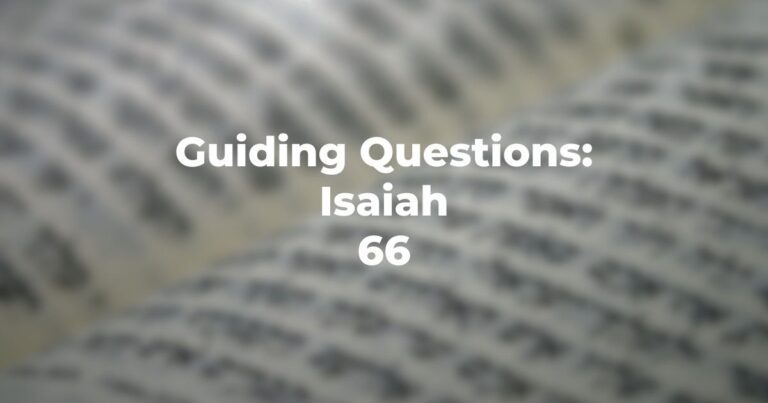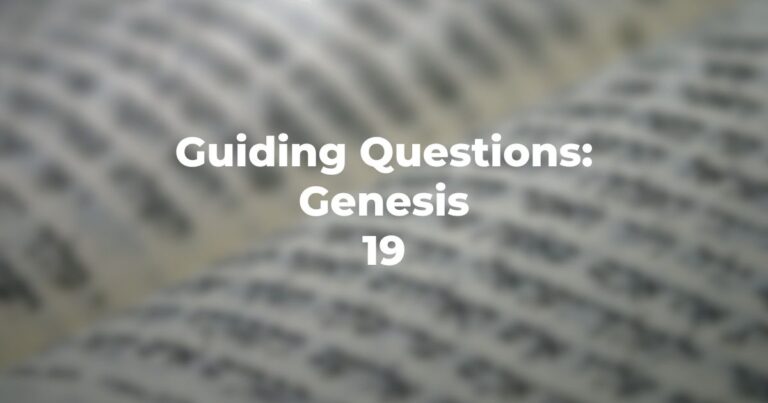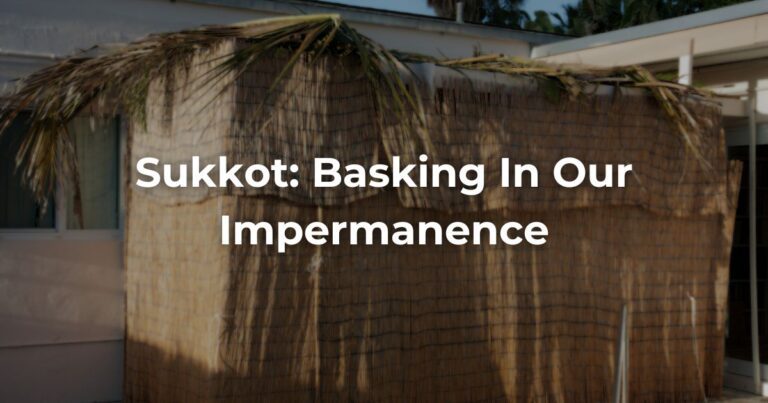- What is the point of Job’s question in the first half of Job 24:1 and his comment in the second half?
- What is the nature of the offense in the first half of Job 24:2? Compare Deuteronomy 19:14.
- How does Job describe the plight of the poor and why does he express concern about them in the midst of his own suffering (Job 24:4-12)?
- The TorahRefers to the first five books of the Hebrew Bible, the Tanakh, also called the Five Books of Moses, Pentateuch or the Hebrew equivalent, Humash. This is also called the Written Torah. The term may also refer to teachings that expound on Jewish tradition. Read more commands (presumably righteous) farmers to allow the poor to glean. Why must the poor glean in the vineyards of the wicked (Job 24:6)?
- Why is the footnote on Job 24:9 important?
- What does Job imply by “reproach” in Job 24:12?
- To whom is Job referring in Job 24:13? What does he mean by “rebels against the light”?
- Why have criminals throughout history committed most of their crimes at night (Job 24:14-16)?
- Why is daytime like night and a source of terror to criminals (Job 24:17)?
- The Hebrew word rendered “darkness” is “tzalmavet” (Job 24:17). What is an alternate translation (Compare Psalms 23:4)?
- Comment: The footnote at Job 24:18 is important because the Hebrew, in large measure, is unintelligible and not coherently structured. A portion of Job’s speech may be missing or it may belong in a later speech by Zophar.
- Why does Job resort to such a vile implication against evildoers (Job 24:18-22, Job 24:24)?
- What is the injustice to which he alludes in Job 24:24?
- Do you accept Job’s concluding declaration in Job 24:25?
Author
-

Exploring Judaism is the digital home for Conservative/Masorti Judaism, embracing the beauty and complexity of Judaism, and our personal search for meaning, learning, and connecting. Our goal is to create content based on three core framing: Meaning-Making (Why?), Practical Living (How?), and Explainers (What?).
View all posts





